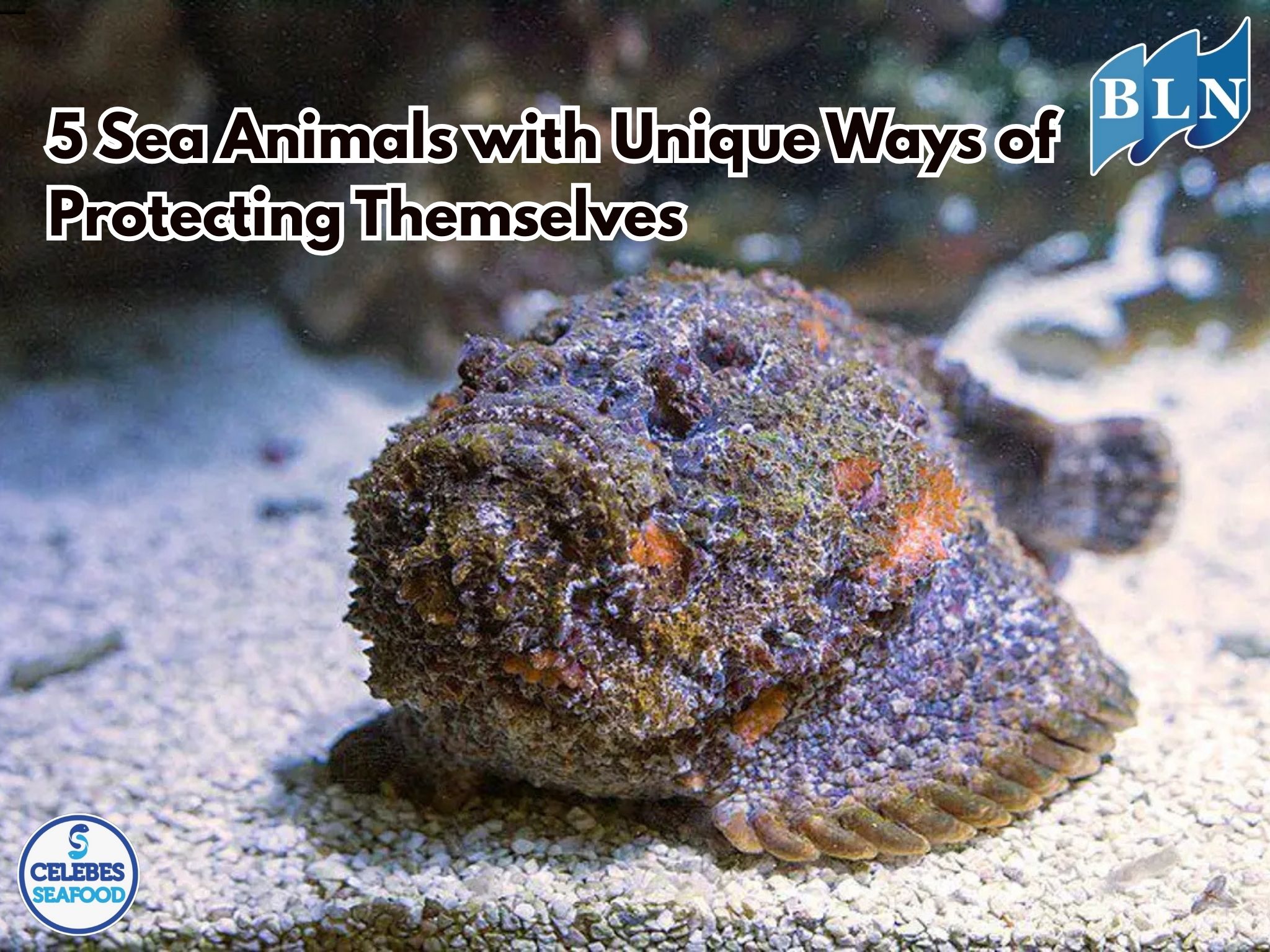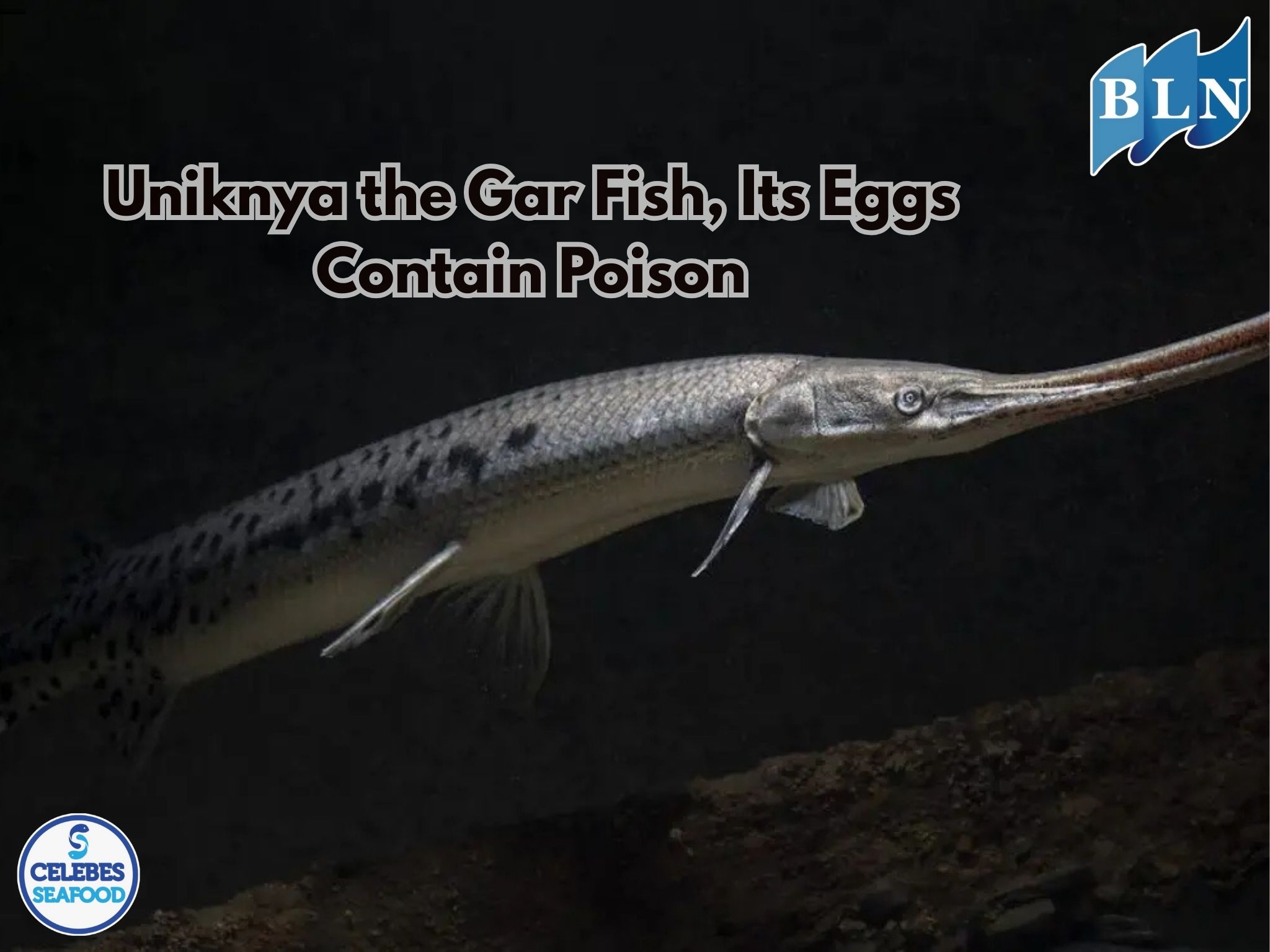7 Common Mistakes to Avoid When Cooking Salted Fish
By. Tri - 31 Jul 2025
lautnusantara.com When you find the right fish vendor, you'll get fresh salted fish. Even though salted fish has a long shelf life, it's always best to get fish that hasn't been stored for too long. As you know, salted fish is a fish-based food preserved by drying and heavily salting it. However, this doesn't mean you can prepare it carelessly.
The delicious taste of salted fish comes from paying attention to how you cook it. What we usually do to cook salted fish often overlooks the true deliciousness within.
1. Washing or Soaking Too Long
Of course, washing fish is necessary, but when washing salted fish, you shouldn't do it for too long. This will cause the salt content in the fish to disappear.
Some of us prepare salted fish by soaking it. This method is acceptable, but some people often forget the time when soaking salted fish. Just because the fish lasts a long time doesn't mean we can soak it indefinitely.
Soaking salted fish for too long will make it mushy, and the salt content will decrease or even disappear completely.
2. Frying Immediately After Washing with Too Little Oil
Salted fish can easily become mushy if it's fried immediately after being washed or soaked. If you do this, it will also cause oil to splatter during frying.
Salted fish is more enjoyable when it's crispy. However, if fried with too little oil, that crispiness will be lost. It's best to submerge the fish completely in oil when frying salted fish.
3. Putting Salted Fish into Oil That Isn't Hot Enough
It's not just salted fish that won't taste good if fried in oil that isn't hot enough. The crispier salted fish is, the more delicious it will be to eat. Also, salted fish will soften more easily, even though if it's crispier for longer, it will remain delicious to eat.
4. Using Used Oil
Using used oil when frying salted fish will interfere with its taste. There's a tendency for salted fish to become bitter. It's always better to use new cooking oil.
Some people think that it's better to use used oil when cooking salted fish because if they use new oil, it can't be used for other frying. The reason given is often about economic factors.
Avoid this mistaken economical thinking if you want to enjoy very crispy, crunchy, and, of course, delicious salted fish. This salted fish dish cannot be prepared carelessly; you'll get an even more delicious sensation if served with chili sauce.
The deliciousness of salted fish can already be smelled from its appetizing aroma. Of course, don't forget that you'll get that deliciousness if you go to a fish vendor that provides good quality.
5. Using Too High or Too Low Heat
Using too high heat will cause the fish to burn and taste bitter when eaten. Similarly, when using too low heat, the salted fish won't cook evenly. Of course, you wouldn't want to eat undercooked salted fish, right?
It's best to use medium heat when frying, then reduce the heat when the fish starts to cook through. This way, the fish will cook evenly and maintain its crispy and savory taste.
6. Using the Same Cooking Technique for All Types of Fish
Now, this is often forgotten: cooking salted fish using the same technique for all varieties. There are some types of fish that cannot be cooked in the same way; for example, there are differences in cooking anchovies (ikan teri) versus jambal fish.
Anchovies don't require prolonged soaking and frying. It's also not recommended to use too much oil; just enough to submerge them, and cook until crispy.
7. Storing Fish That Is Still Hot or Warm in a Jar
Hot steam from the fish will get trapped inside the jar, which will cause the fish to become mushy easily and lose its crispiness quickly. The trapped hot steam in the jar will turn into water, and this is what makes the salted fish mushy and unpleasant to eat because it's no longer crispy.
Now that you know the mistakes to avoid when preparing salted fish, this will surely be a reference for how best to prepare it. Go to a fresh fish vendor.
You can find your fresh fish needs through Sayurbox. Shopping at Sayurbox, you'll be spoiled with the NEMU or "Nebus Murah" (Bargain Buy) program, where the prices offered are much cheaper than elsewhere.




.jpg)



